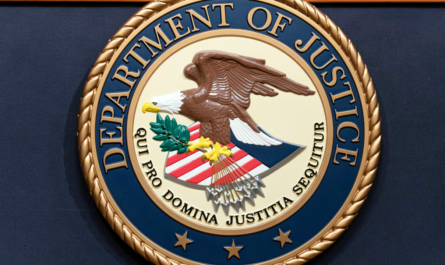To be clear, we abhor all expressions of antisemitism and wholeheartedly reject any role for antisemitism on our campuses. Equally, we believe that conflating criticism of Israel or Zionism with antisemitism is dangerous. Equating the criticism of any nation with inherent racism endangers basic democratic freedoms on and off campus. As the A.C.L.U. wrote in its November statement, a university “cannot fulfill its mission as a forum for vigorous debate” if it polices the views of faculty members and students, however much any one of us may disagree with them or find them offensive.
In a wave of crackdown on pro-Palestinian speech nationwide, students have had scholarships revoked, job offers pulled and student groups suspended. At Columbia, protesters have reported being sprayed by what they said was “skunk,” a chemical weapon used by the Israeli military; at Northwestern, two Black students faced criminal charges, later dropped, for publishing a pro-Palestinian newspaper parody; at Cornell, students have been arrested during a peaceful protest. In a shocking episode of violence last fall, three Palestinian students, two of them wearing kaffiyehs, were shot while walking near the University of Vermont.
Many more cases of student repression on campuses are unfolding even as we write this.
Academic freedom, as defined by the American Association of University Professors in the mid-20th century, provides protection for the pursuit of knowledge by faculty members, whose job is to educate, learn and research both inside and outside the academy. Not only does this resonate with the Constitution’s free speech protections, international human rights law also affirms the centrality of academic freedom to the right to education, and the institutional autonomy of educational institutions.
Across the United States, attacks on free speech are on the rise. In recent years, right-wing groups opposed to the teaching of critical race theory have tried to undermine these principles through measures including restrictions on the discussion of history and structural racism in curriculums, heightened scrutiny of lectures and courses that are seen to promote dissent, and disciplinary procedures against academics who work on these topics.
What people may not realize is that speech critical of Israel’s occupation and apartheid policies has long been censored, posing persistent challenges to those of us who uphold academic freedom. Well before Oct. 7, speech and action at N.Y.U. in support of Palestinians faced intense and undue scrutiny.




